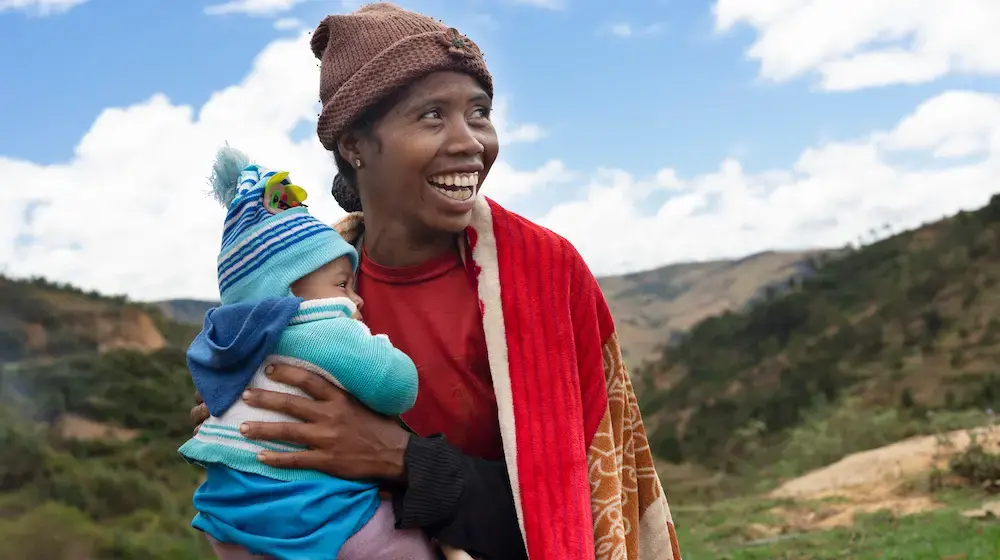In the margin of the celebration of the International Day to End Obstetric Fistula, the Country Office invited Mrs. Stephany Linus, Actor and Producer of the film. With the support of UNFPA in the West and Central Region of Africa, she has produced a film called ‘Dry’, which both calls on and makes community awareness on the tragedy faced by women suffering from obstetric fistula.
The screening of the film took place in Kinshasa before the authorities of the Ministries of Gender and Public Health, Ambassadors, the Representatives of bilateral and multilateral cooperation agencies, of UN agencies, the Civil society, Youth associations and media.
During one hour and forty five minutes, the film showed the suffering and the challenges faced by the child girl in African societies, including child marriage, early pregnancy, sexual violence, lack of education, early end of their childhood as well as the related consequences including obstetric fistula due to the lack of adequate care at delivery. This film also shows the extent of obstetric fistula and a poor health system in African countries to treat the numerous cases identified.
For the Representative of UNFPA-DRC, Diene Keita, the production of this film helps all stakeholders review the issue of fistula as well as the care strategy in order for women to regain hope and dignity.
UNFPA Regional Director for Eastern and Southern Africa (ESRO), Dr Julitta Onabanjo, also attended the screening of the film. She insisted on ongoing advocacy in order to end obstetric fistula, which is a joint action with the support of all, and said that it is possible to end it if all parties are mobilized.
The political authorities who attended the screening of the film including the Minister of Gender and Family and the Representative of the Ministry of Health commended UNFPA for the production and the screening of the film on one hand, and the organization of campaigns for fistula repair on the other hand, which allowed women regain their dignity.
Ending fistula is among the priorities of the Head of the State related to welfare interventions. Therefore, the government commits to use all means in order to end this blight in the DRC. Aware of the lack and challenges of the health system to treat fistula, the DRC commits to make greater efforts in order to put in place a fistula care program, the setting up of a training program of surgeons of the University of Kinshasa and the support of hospitals entitled to insure repair of women suffering from fistula in the country.
The Producer of the film ‘Dry’, Mrs. Stephany Linus said that she was honored by the DRC’s invitation. For her, the celebration of the International Day to End Fistula is always an opportunity to call on efforts in order to end this disease. With regard to maternal death, she pointed out the shame to be felt when women die while giving life. To finish, she requested all the stakeholders in this fight to be mobilized and stand up to say no to all those blights African women are suffering from.
At the end of the discussions, we noticed that long term efforts and an ongoing work in the long run should be done by all stakeholders together with the government in order to end fistula in the DRC.
Testimonies
1. Testimony of a women cured of fistula
The child girl of 19 years old had an intended pregnancy at 13. As the family rejected her, she went to an aunt in Tshikapa, 300 km away from Kikwit.
At her delivery of 4-day obstructed labor, the child girl received care in a small health center. Due to repeated pressure from the providers, she finally gave birth to a stillborn baby of 4.8 kilos.
This delivery caused a double fistula (Vesico-vaginal and recto-vaginal). With this disease, she experienced reject and humiliation. She could not even perform an income generating activity.
From 2007 to 2013, she went from one hospital to another for care, without success, by lack of experienced doctors.
In 2013, she met a team of Saint Joseph hospital during their recruiting campaign and she received repair 4 times. Now, she is cured.


